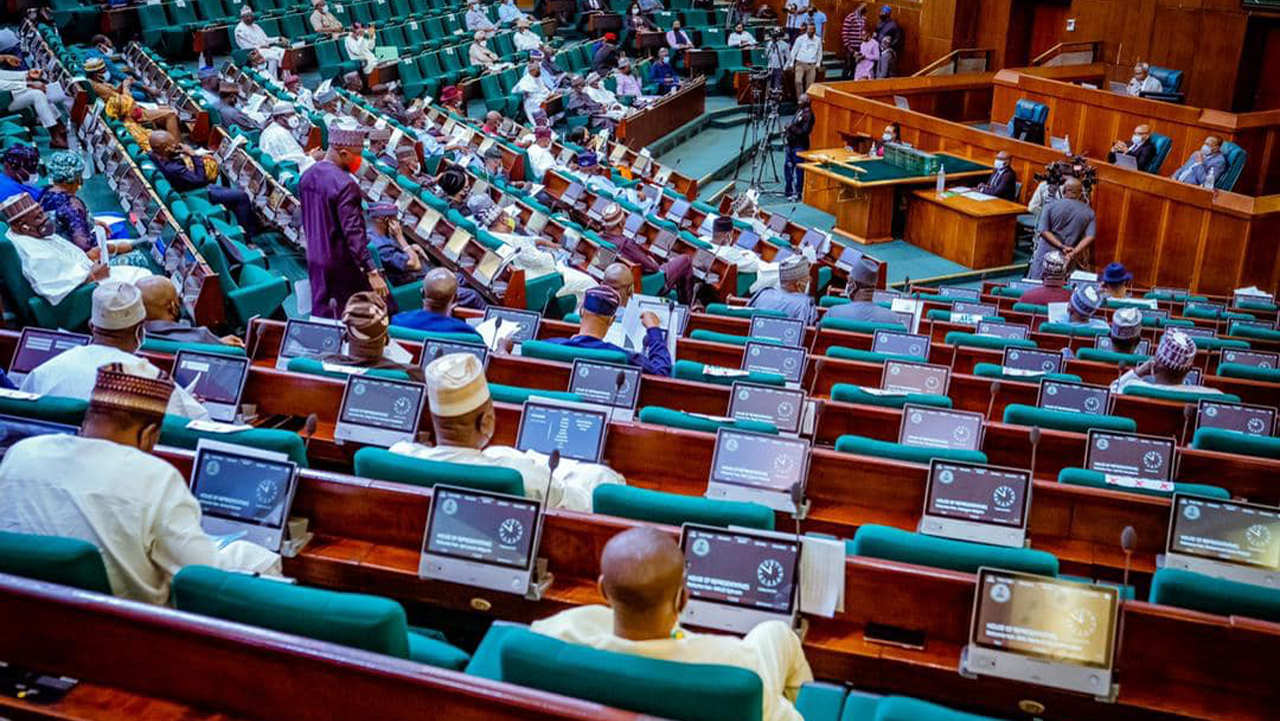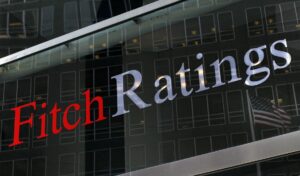
Reps urge CBN to allocate additional $3bn to NIRSAL for agricultural financing
The House of Representatives has urged the Central Bank of Nigeria (CBN) to address the issue of under-financing in the agricultural sector by providing the Nigeria Incentive-Based Risk Sharing System for Agricultural Lending (NIRSAL) with an additional $3 billion.
This decision followed a motion presented during the House plenary by Hon. Uchenna Okonkwo.
In his presentation, Okonkwo pointed to Nigeria’s struggling economy, widespread poverty, and growing food insecurity as a result of reduced agricultural productivity.
He attributed these issues to the low levels of capital investment and insufficient funding in the agricultural sector, which have severely hindered its growth.
In response to these concerns, Hon. Okonkwo advocated for a significant increase in funding to the sector.
“Convinced that to reverse the trend, there is a need to tackle the challenge of under-financing of agricultural value chains by providing NIRSAL with an additional $3 billion for lending to agricultural value chain actors in Nigeria,” he said.
“The severe impoverishment across the nation as well as an increase in hunger across the nation are directly linked to decreased agricultural productivity,” said Okonkwo, stressing that a lack of sufficient funding had crippled the sector’s ability to meet its potential.
Hon. Okonkwo recalled that in 2011, the CBN launched and incorporated NIRSAL as a public-private initiative designed to address the issue of agribusiness credit risk.
Initially valued at $500 million, NIRSAL’s primary objective was to improve the agricultural and financial value chains by promoting sound practices in agricultural financing, loan utilisation, and repayment. This initiative was meant to reduce the risk for financial institutions and encourage more lending to the agricultural sector.
“The objective of NIRSAL is to enhance both agricultural and financial value chains by promoting good practices in agricultural financing, loan utilisation, and repayment,” explained Okonkwo
He expressed concern that the agricultural sector, despite its enormous potential, had experienced slower growth due to a lack of financial support saying “Despite the sector’s importance, contributing 40 percent to Nigeria’s Gross Domestic Product (GDP) and providing over 60 percent of the country’s employment” Okonkwo lamented that it had been underperforming in recent years.
“There is a pressing need to tackle the challenge of under-financing in agricultural value chains,” Okonkwo stated. “Providing NIRSAL with an additional $3 billion for lending to agricultural value chain actors is essential to reversing this trend.”




